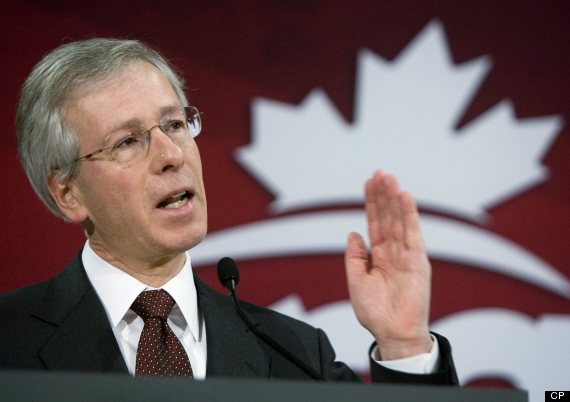
(TibetanReview.net, Oct06, 2016) – Diplomatic exchanges between Canada and Chinese ruled Tibet Autonomous Region (TAR) over the past several years have been marked by total lack of reciprocity with China regularly rejecting, curtailing or otherwise putting up all sorts of obstacles to Canadian visits, ctvnews.ca Oct 5 cited Foreign Affairs Minister Stephane Dion as having told Canada’s parliament.
Dion has outlined five visits to Tibetan regions by Canadian diplomats between Nov 2010 and Sep 2015, giving a written response to a set of questions from New Democrat MP Randall Garrison that was recently tabled in the House of Commons. He has also detailed eight visits to Canada by TAR parliamentarians at the behest of China’s National People’s Congress between Mar 2009 and Nov 2015, saying his department was “not aware of any restrictions” having been placed on them.
This was not so when it came to Canada’s trips to the TAR and other Tibetan areas of the PRC, Dion has added.
In the case of high-level diplomatic visits to the TAR, China, while having never denied a request, had put up roadblocks, including delays in approving travel requests and shadowing Canadians while there. He has said “TAR officials routinely attempt to either delay the visits or to make it very difficult to obtain permits.”
Dion has also said, “Canada-based embassy staff, with the exception of the local Chinese project co-ordinator, have been restricted from visiting Canadian-funded projects in TAR/Tibetan areas” when the now defunct Canadian International Development Agency was active there in the past.
He has said Canadian diplomats had wanted to follow up on some of those completed projects but were either given restricted access or barred from visiting altogether.
While Canadian ambassadors “were only allowed to visit one project each during their trips,” Chinese officials barred other Canadian embassy staffers.
Dion has further said: “Even after the projects were completed, Canada-based embassy staff continued to be denied permission to visit project partners as TAR officials would not hesitate to inform the embassy that the projects were no longer of relevance to Canada.”
Even when visits were finally permitted, the diplomats were “tightly managed by local authorities. TAR Foreign Affairs Office officials generally accompany the delegation on the entire visit. Access to local residents can be quite limited,” Dion has said.
Most recently, three Canadian diplomats, who visited Tibet’s capital Lhasa in Sep 2015 for a tourism and cultural event, were “not given substantive opportunities to visit with senior government officials,” the minister was reported to have written.
The report cited Carole Samdup, executive director of the Canada Tibet Committee, as urging Canada to stop future Chinese delegations from Tibet from visiting the country “until there is full reciprocity for Canadian diplomats in Tibet.”
“It’s a question of basic diplomatic respect between our two countries. Why does Canada allow itself to be treated as a second-class partner in its relations with China?”
Dion has pointed out that none of the Canadian requests to visit Tibet were “explicitly made” to monitor or investigate human rights violations. However, he has added, “better understanding the human rights situation in TAR is an important objective of all embassy travel to the region.”


